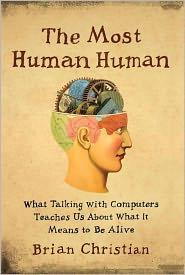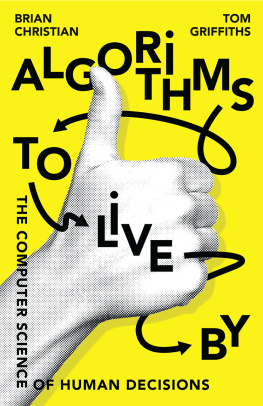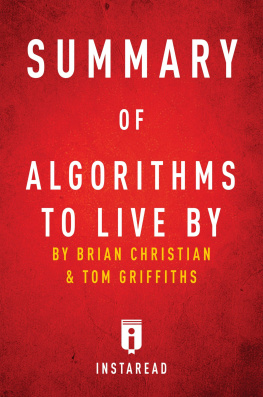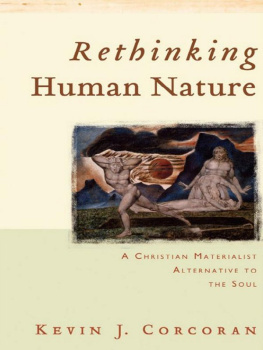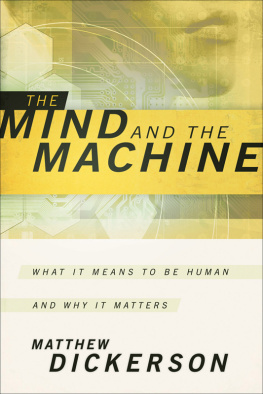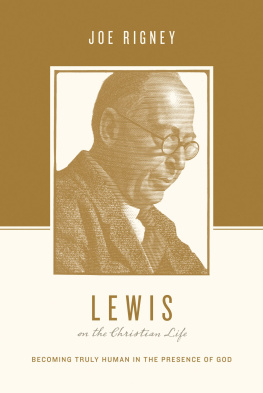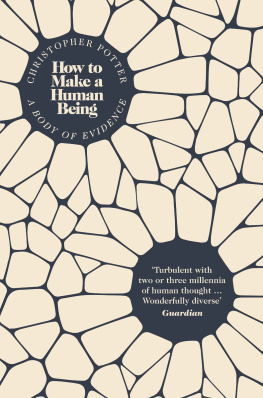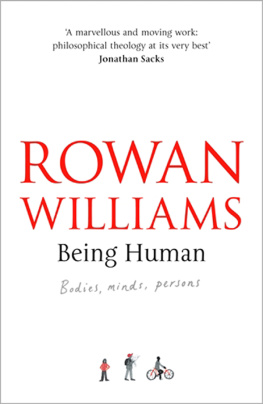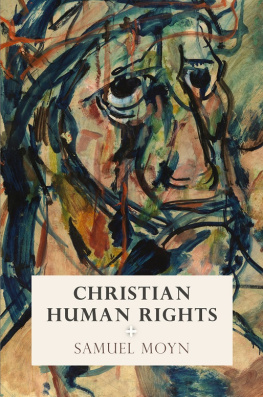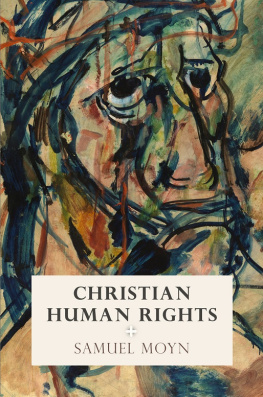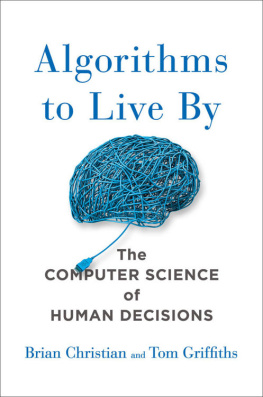
Copyright 2011 by Brian Christian
All rights reserved. Published in the United States by Doubleday, a division of Random House, Inc., New York.
www.doubleday.com
DOUBLEDAY and the DD colophon are registered trademarks of Random House, Inc.
Portions of this work were previously published in The Atlantic
Grateful acknowledgment is made to Richard Wilbur for permission to reprint a portion of The Beautiful Changes.
Jacket design by Tal Goretsky
Jacket illustration by gears Bettmann/CORBIS
Head istockphoto.com /Mark Strozier
Library of Congress Cataloging-in-Publication Data
Christian, Brian, 1984
The most human human : what talking with computers teaches us about
what it means to be alive / Brian Christian. p. cm.
1. Philosophical anthropology. 2. Human beings. 3. Turing test. I. Title. II. Title: What talking with computers teaches us about what it means to be alive.
BD450.C5356 2011
128dc22
2010048572
eISBN: 978-0-385-53307-2
v3.1
Todays person spends way more time in front of screens. In fluorescent-lit rooms, in cubicles, being on one end or the other of an electronic data transfer. And what is it to be human and alive and exercise your humanity in that kind of exchange?
DAVID FOSTER WALLACE
For my teachers
Contents
The beautiful changes as a forest is changed
By a chameleons tuning his skin to it;
As a mantis, arranged
On a green leaf, grows
Into it, makes the leaf leafier
RICHARD WILBUR
I think metaphysics is good if it
improves everyday life; otherwise forget it.
ROBERT PIRSIG
As President, I believe that robotics can
inspire young people to pursue science and
engineering. And I also want to keep an eye
on those robots, in case they try anything.
BARACK OBAMA
0. Prologue
Claude Shannon, artificial intelligence pioneer and founder of information theory, met his wife, Mary Elizabeth, at work. This was Bell Labs in Murray Hill, New Jersey, the early 1940s. He was an engineer, working on wartime cryptography and signal transmission.
She was a computer.
1. Introduction:
The Most Human Human
I wake up five thousand miles from home in a hotel room with no shower: for the first time in fifteen years, I take a bath. I eat, as is traditional, some slightly ominous-looking tomatoes, some baked beans, and four halves of white toast that come on a tiny metal rack, shelved vertically, like books. Then I step out into the salty air and walk the coastline of the country that invented my language, despite my not being able to understand a good portion of the signs I pass on my way LET AGREED , one says, prominently, in large print, and it means nothing to me.
I pause, and stare dumbly at the sea for a moment, parsing and reparsing the sign in my head. Normally these kinds of linguistic curiosities and cultural gaps interest and intrigue me; today, though, they are mostly a cause for concern. In the next two hours I will sit down at a computer and have a series of five-minute instant-message chats with several strangers. At the other end of these chats will be a psychologist, a linguist, a computer scientist, and the host of a popular British technology show. Together they form a judging panel, and my goal in these conversations is one of the strangest things Ive ever been asked to do.
I must convince them that Im human.
Fortunately, I am human; unfortunately, its not clear how much that will help.
The Turing Test
Each year, the artificial intelligence (AI) community convenes for the fields most anticipated and controversial annual eventa competition called the Turing test. The test is named for British mathematician Alan Turing, one of the founders of computer science, who in 1950 attempted to answer one of the fields earliest questions: Can machines think? That is, would it ever be possible to construct a computer so sophisticated that it could actually be said to be thinking, to be intelligent, to have a mind? And if indeed there were, someday, such a machine: How would we know?
Instead of debating this question on purely theoretical grounds, Turing proposed an experiment. A panel of judges poses questions by computer terminal to a pair of unseen correspondents, one a human confederate, the other a computer program, and attempts to discern which is which. There are no restrictions on what can be said: the dialogue can range from small talk to the facts of the world (e.g., how many legs ants have, what country Paris is in) to celebrity gossip and heavy-duty philosophythe whole gamut of human conversation. Turing predicted that by the year 2000, computers would be able to fool 30 percent of human judges after five minutes of conversation, and that as a result one will be able to speak of machines thinking without expecting to be contradicted.
Turings prediction has not come to pass; at the 2008 contest, however, held in Reading, England, the top program came up shy of that mark by just a single vote. The 2009 test in Brighton could be the decisive one.
And I am participating in it, as one of four human confederates going head-to-head (head-to-motherboard?) against the top AI programs. In each of several rounds, I, along with the other confederates, will be paired off with an AI program and a judgeand will have the task of convincing the latter that I am, in fact, human.
The judge will talk to one of us for five minutes, then the other, and then has ten minutes to reflect and make his choice about which one of us he believes is the human. Judges will also note, on a sliding scale, their confidence in this judgmentthis is used in part as a tie-breaking measure. The program that receives the highest share of votes and confidence from the judges each year (regardless of whether it passes the Turing test by fooling 30 percent of them) is awarded the Most Human Computer title. It is this title that the research teams are all gunning for, the one that the money awards, the one with which the organizers and spectators are principally concerned. But there is also, intriguingly, another title, one given to the confederate who elicited the greatest number of votes and greatest confidence from the judges: the Most Human Human award.
One of the first winners, in 1994, was Wired columnist Charles Platt. Howd he do it? By being moody, irritable, and obnoxious, he sayswhich strikes me as not only hilarious and bleak but also, in some deeper sense, a call to arms: How, in fact, do we be the most human humans we can benot only under the constraints of the test, but in life?
Joining the Confederacy
The sponsor and organizer of the Turing test (this particular incarnation of which is known as the Loebner Prize) is a colorful and somewhat curious figure: plastic roll-up portable disco dance floor baron Hugh Loebner. When asked his motives for backing and orchestrating this annual Turing test, Loebner cites laziness, of all things: his utopian future, apparently, is one in which unemployment rates are nearly 100 percent and virtually all of human endeavor and industry is outsourced to intelligent machines. I must say, this vision of the future makes me feel little but despair, and I have my own, quite different ideas about what an AI-populated world would look like and reasons for participating in the test. But in any event, the central question of how computers are reshaping our sense of self, and what the ramifications of that process will be, is clearly the crucial one.
Next page
